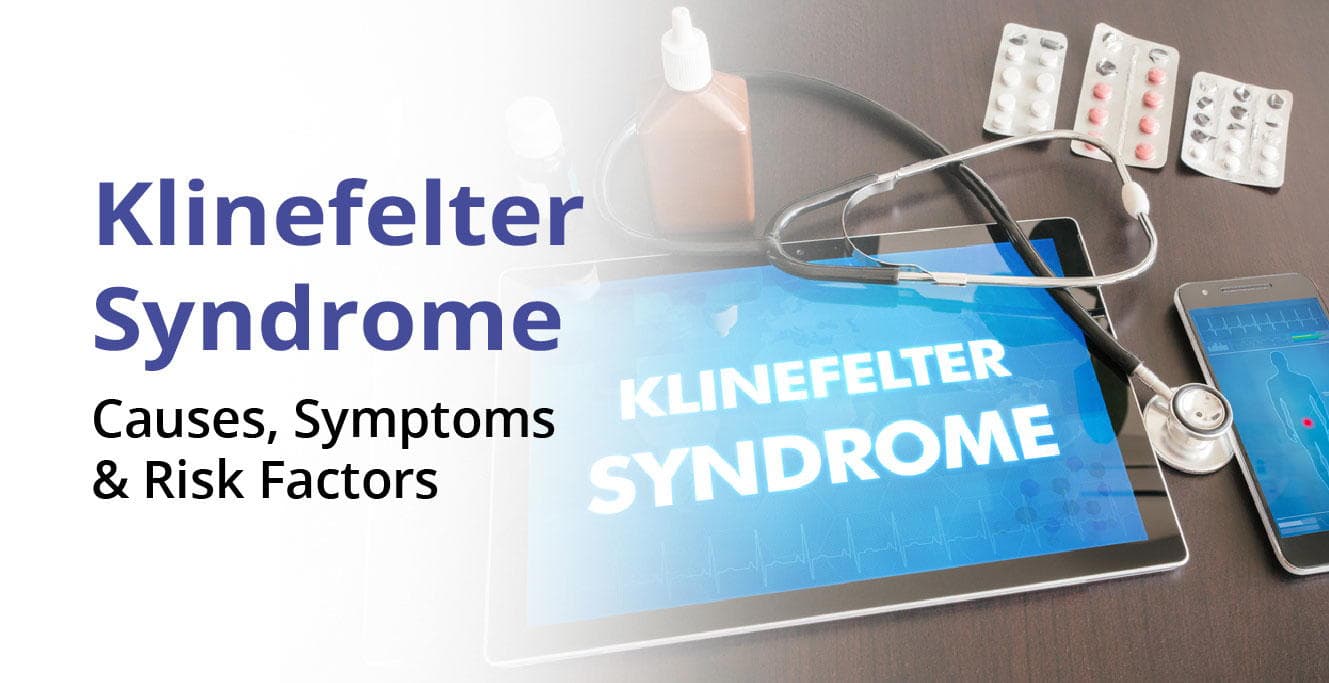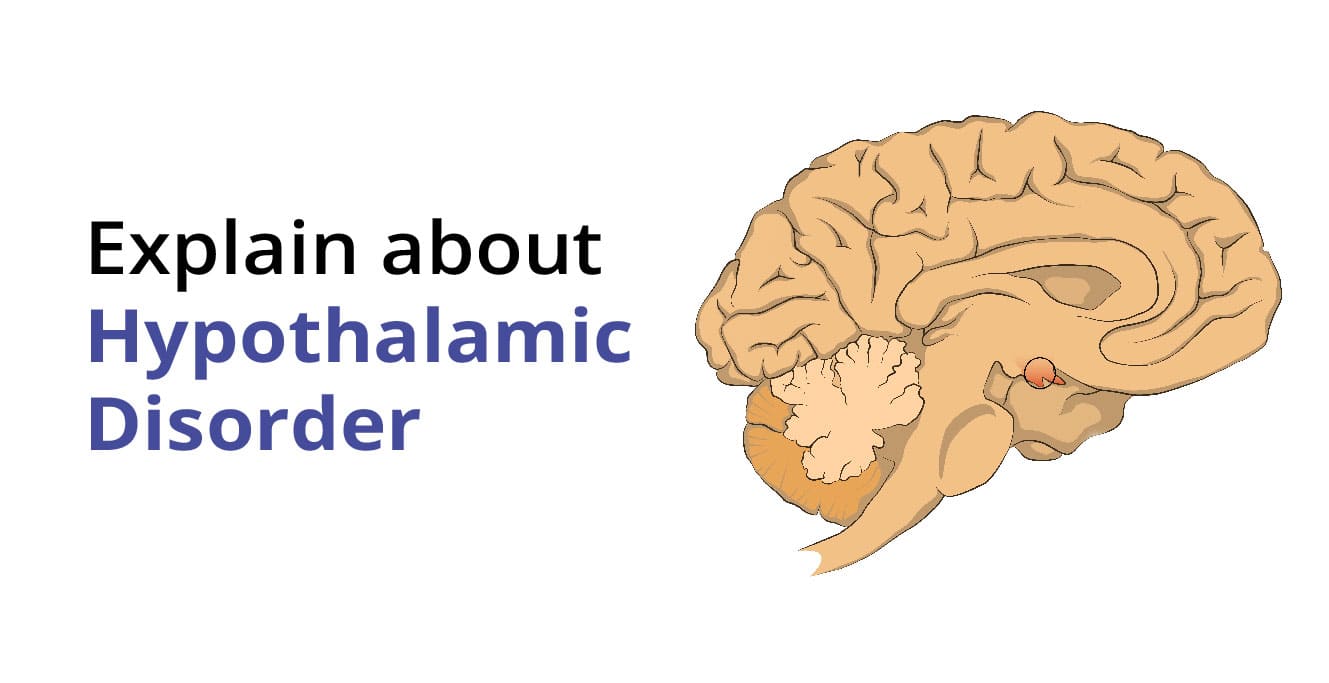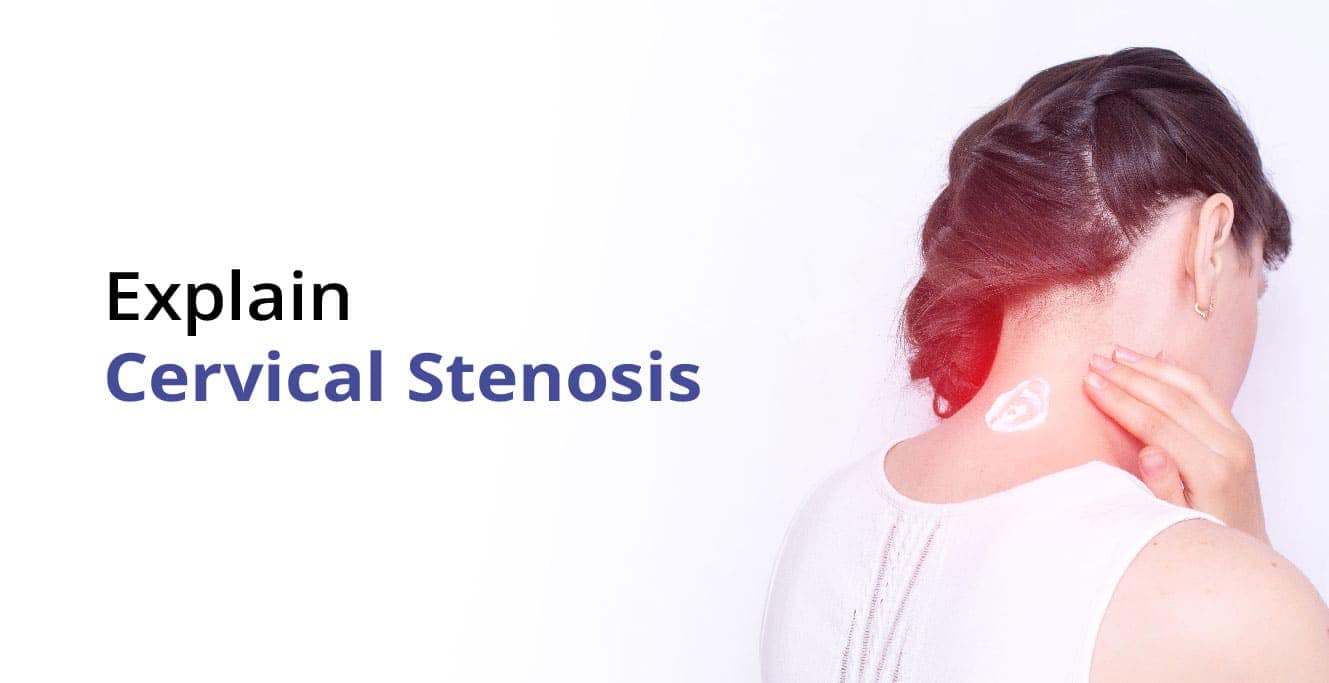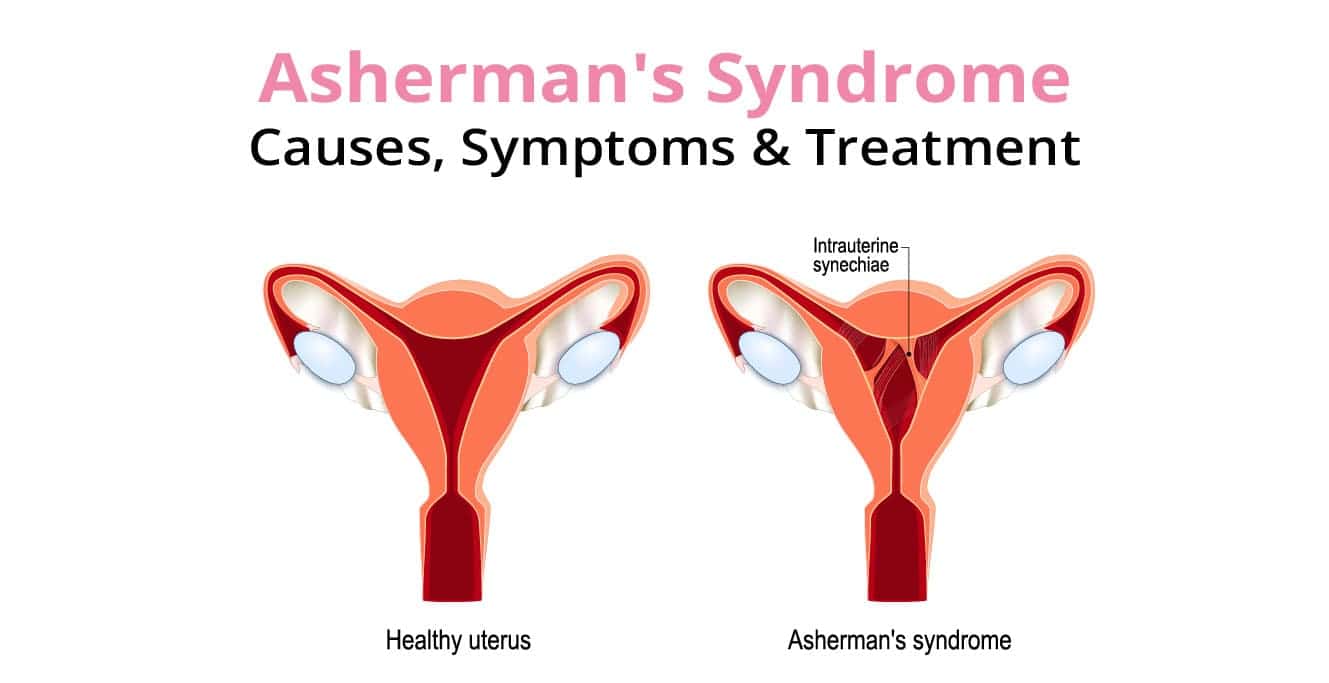
Klinefelter Syndrome: Causes, Symptoms, and Risk Factors

Table of Contents
- What is Klinefelter Syndrome?
- Types of Klinefelter Syndrome
- Causes of Klinefelter Syndrome
- How is Klinefelter Syndrome diagnosed?
- Symptoms of Klinefelter Syndrome
- Treatment Options for Klinefelter Syndrome
- Klinefelter Syndrome Risk Factors
- Conclusion
- FAQs:
- What happens in Klinefelter syndrome?
- Is Klinefelter syndrome like autism?
- Can a girl have Klinefelter syndrome?
- Is Klinefelter syndrome XXY or XYY?
- Can males with Klinefelter syndrome have babies?
- Does Klinefelter syndrome affect mental health?
- How does Klinefelter syndrome affect a person’s life?
- At what age is Klinefelter usually diagnosed?
Every living cell in the human body has chromosomes in its nucleus. A chromosome is a threadlike structure of nucleic acids and proteins, which carries important genetic information in the form of genes. Most people have 46 chromosomes – one X and one Y for females and two Y chromosomes for males. However, an anomaly that occurs in some male babies has come to be known as Klinefelter syndrome.
What is Klinefelter Syndrome?
Klinefelter syndrome is a male chromosomal condition in which some boys are born with a unique chromosome configuration. Instead of the usual 46 chromosomes, they are born with 47 chromosomes – two X chromosomes and one Y chromosome. This genetic condition is referred to as the XXY chromosome disorder or XXY syndrome.
This syndrome impacts the size and shape of the anatomy, sexual wellness, and overall health of the affected person.
Being aware enables parents of children with Klinefelter syndrome, as well as adults, to access the support and medical attention they need.
Types of Klinefelter Syndrome
Klinefelter syndrome can appear in a few different chromosomal patterns:
- Classic Klinefelter Syndrome (47, XXY): This is the most common form, where every cell in the body has an extra X chromosome.
- Mosaic Klinefelter Syndrome (46, XY / 47, XXY): In this type, some cells have the extra X chromosome while others are normal. Symptoms may be milder in these individuals.
- Variant Forms (48, XXXY or 49, XXXXY): These are rare forms where more than one extra X chromosome is present. These cases may have more pronounced developmental and physical differences.
Causes of Klinefelter Syndrome
Every baby gets 46 chromosomes, with 23 from the mother and 23 from the father. Out of these 46 chromosomes, 2 are called sex chromosomes.
- Females have XX
- Males have XY
The mother’s egg always provides one X chromosome. The father’s sperm provides either an X or a Y chromosome.
- X from father + X from mother = female baby (XX)
- Y from father + X from mother = male baby (XY)
Sometimes, while the egg or sperm is being formed, the chromosomes do not separate properly. Because of this, the baby (boy) may receive one extra X chromosome. So instead of XY, the pattern becomes XXY. This is known as Klinefelter syndrome, which is a male chromosomal condition.
How is Klinefelter Syndrome diagnosed?
The doctor will conduct several tests to determine if the child has Klinefelter syndrome. These can include:
- Hormone testing, where a blood or urine sample can help detect abnormal testosterone levels, which is one of the indicators of Klinefelter syndrome.
- Chromosomal or karyotype analysis, where a blood sample is taken and sent to the lab to investigate the shape and number of chromosomes.
Correct diagnosis is extremely important so that the syndrome can be treated early on.
Symptoms of Klinefelter Syndrome
The symptoms vary from person to person and often change with age.
In infancy and childhood:
- Delayed speech and language development
- Learning difficulties, especially with reading and writing
- Shyness or difficulty with social interaction
- Low muscle tone and delayed motor skills
During adolescence:
- Delayed or incomplete puberty
- Less facial and body hair
- Taller than average height with long legs
- Small testes and reduced muscle mass
- Breast tissue development (gynaecomastia)
In adulthood:
- Low testosterone levels
- Reduced sex drive
- Infertility due to low or absent sperm production
- Weak bones (osteoporosis risk)
- Emotional or confidence-related challenges
Not every person will experience all these symptoms. Some may have very mild signs.
Treatment Options for Klinefelter Syndrome
There is no cure for Klinefelter syndrome, but treatment focuses on managing symptoms and improving quality of life.
- Testosterone replacement therapy: This is often started during puberty. It helps with muscle development, voice deepening, bone strength, and overall well-being.
- Speech and learning support: Early intervention can help children manage learning or communication challenges.
- Psychological counselling: This helps with emotional health, confidence, and social skills.
- Fertility treatment: Although natural conception is difficult, some men with Klinefelter syndrome may have sperm retrieved directly from the testes through procedures such as TESE, followed by IVF with ICSI.
- Management of associated conditions: Monitoring for bone health, breast tissue changes, and metabolic health is important.
With proper support, individuals with Klinefelter syndrome can lead healthy and fulfilling lives.
Klinefelter Syndrome Risk Factors
Klinefelter syndrome usually occurs by chance and does not have clear preventable risk factors. The only factor that has been observed to have a slight association is advanced maternal age, which may increase the chance of chromosomal separation errors during egg formation. In most cases, it cannot be predicted or prevented.
Conclusion
If parents observe any Klinefelter syndrome symptoms in their child, they are advised to visit a specialist for diagnosis and treatment of the disorder.
Treatment can include several interventions such as testosterone replacement therapy, physiotherapy, speech therapy, learning therapy, and counselling through the years. Getting regular medical check-ups done every year can also help.
Counselling can play a transformative role, especially when dealing with medical therapies through teenage and adulthood. With the right diagnosis, treatments, and emotional support, a child born with Klinefelter syndrome can live a long, happy, and fulfilling life.
FAQs:
What happens in Klinefelter syndrome?
Males born with Klinefelter syndrome have 47 chromosomes instead of 46. They experience a range of physical and intellectual challenges. This may result in higher exposure to conditions like diabetes, osteoporosis, disabilities, cardiovascular disease, and infertility.
Is Klinefelter syndrome like autism?
No. While some social or communication challenges may be present, Klinefelter syndrome is a chromosomal condition and is not the same as autism.
Can a girl have Klinefelter syndrome?
No, girls cannot be affected by Klinefelter syndrome.
Is Klinefelter syndrome XXY or XYY?
Klinefelter syndrome is XXY. XYY is a different chromosomal condition and not the same as Klinefelter syndrome.
Can males with Klinefelter syndrome have babies?
Over 95 to 99% of men with this syndrome are unable to naturally father a child due to their inability to produce enough sperm. However, there are certain medical procedures, such as Intracytoplasmic Sperm Injection (ICSI), where the sperm is removed using a biopsy needle and injected directly into the ovum, enabling them to have biological children.
Does Klinefelter syndrome affect mental health?
Yes, it causes certain social and behavioural issues and can trigger anxiety and depression. Counselling and therapy can support those living with Klinefelter syndrome to cope with their condition better.
How does Klinefelter syndrome affect a person’s life?
It may affect growth, learning, hormone levels, and fertility. With early diagnosis and treatment, most individuals live normal and productive lives.
At what age is Klinefelter usually diagnosed?
It is often diagnosed during adolescence due to delayed puberty or in adulthood during fertility evaluation. Some cases are detected in childhood.
Our Fertility Specialists
Related Blogs
To know more
Birla Fertility & IVF aims at transforming the future of fertility globally, through outstanding clinical outcomes, research, innovation and compassionate care.
Had an IVF Failure?
Talk to our fertility experts

 Our Centers
Our Centers


















